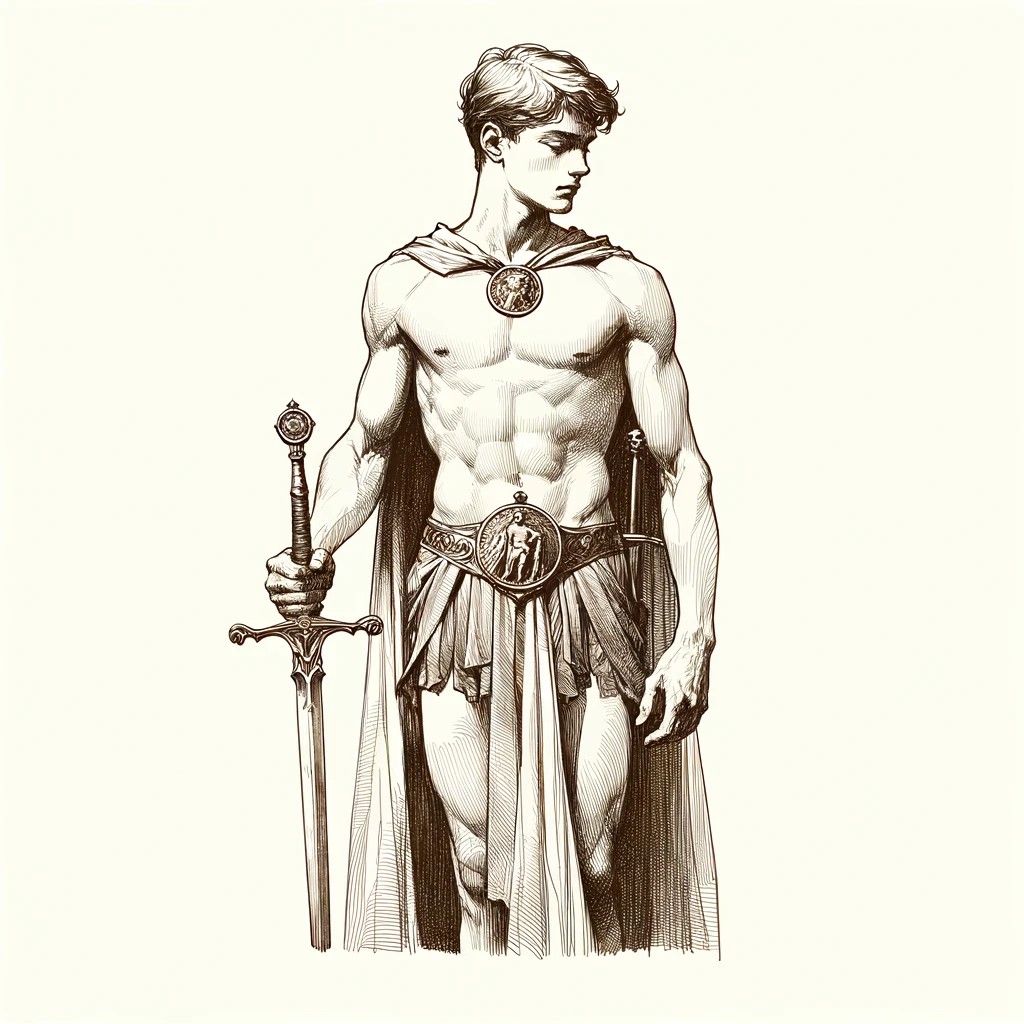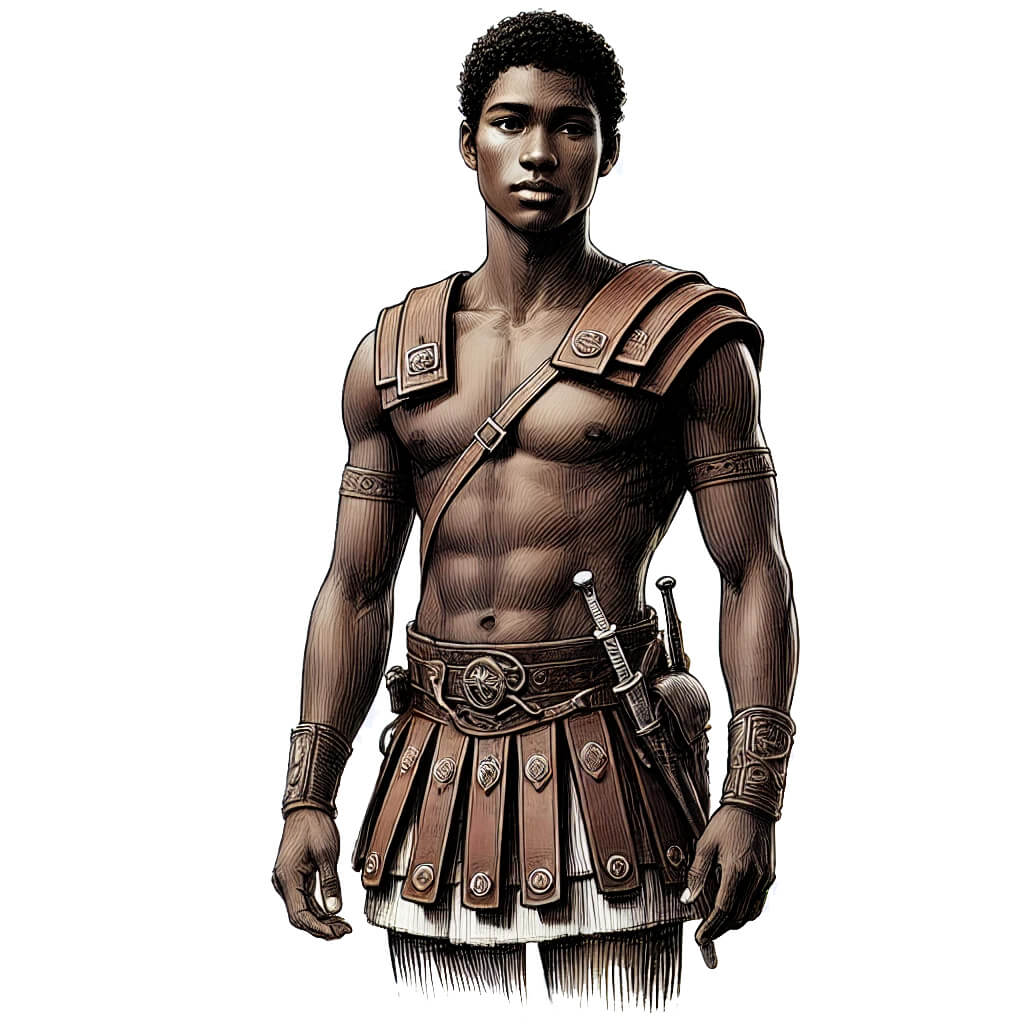Welcome to Fascinum Media!
Fascinum: The Latin word for the divine phallus. The Ancient Power of male eroticism, protection, and envy.
⭐️ New Pro Membership!
Join Fascinum Media as a Pro Member and for more benefits.
- Full unrestricted access to all our sites
- Over 20 years of photos of gay erotica organized across over 100 categories
- Age-verified access in all US states – no more network blocking due to state laws
Features in development:
- Member’s only content
- Member profiles with option to upload and share your own content
- Ad-free email updates of The Daily Brief
- Private Telegram channel for instant content updates
Become a member today for FREE! Limited time offer – no payment required.
Subscribe to email updates! Visit the subscribe page to select your preferred updates.
What is Fascinum Media?
Fascinum Media is a network of gay themed adult content websites and also a subscriber only email newsletter called The Daily Brief. Subscribers get periodic updates sent to their email inbox with the latest content posted across to all our websites. The email subscription makes for an easy and fun way to keep up to date on everything.
The Origins of “Fascinum”?
Why choose this fascinating name to represent my network of sites?
Fascinum in Ancient Rome: The Divine Phallus
In the heart of ancient Rome and Greece, there existed the concept of Fascinum. This idea was rooted in phallic symbols and represented sexual viriling, protection, power, and the mesmerizing influence of the gaze.
In Rome, Fascinum embodied the divine phallus, a symbol imbued with protective powers. Far from being a taboo, phallic amulets and effigies were proudly worn or displayed to shield their bearers from harm. These symbols served dual purposes: guarding against misfortune and warding off envy, a force believed to hold dangerous, almost supernatural power.
The Romans believed so strongly in the phallus’s protective power that it found its way into every aspect of life. From jewelry to architectural details like doorways and statues, phallic imagery stood as a shield against the unseen dangers of jealousy and ill will.

Fascinum in Ancient Greece: The Power of the Gaze
Meanwhile, in Greece, Fascinum was more closely tied to the concept of the “evil eye,” or ὀφθαλμὸς βάσκανος. The belief that certain individuals could harm others with a mere envious glance was deeply rooted in Greek culture.
Much like the Romans’ phallic charms, the Greeks saw these protective symbols as essential in daily life, art, and even architecture. The fear of the gaze, both physical and metaphysical, was countered with rituals and talismans designed to repel envy and malice.

Fascinum: Male Eroticism
The phallus, as a symbol of Fascinum, carried meanings far beyond protection. It represented virility and strength. In Roman culture, it was associated with Priapus, the god of fertility and prosperity. Priapus, often depicted with an exaggeratedly erect phallus, symbolized abundance and sexual vitality, making him a favored figure among farmers and merchants alike.
Interestingly, what later societies might label as obscene or vulgar was, in the ancient world, seen as sacred and natural. Public displays of nudity, sexuality, and phallic imagery were a normalized part of Roman life, reflecting their values of fertility, masculinity, and divine protection.

From Taboo to Sacred
Fascinum is compelling in its duality. It was both an everyday charm and a profound spiritual tool. The phallus and rituals were not just about superstition; they reflected deep cultural beliefs about power, envy, and human vulnerability.
At Fascinum Media, we celebrate the world of eroticism intertwined seamlessly in art, sex, and the male form. These symbols remind us that what we might dismiss as “taboo” actually carries layers of core human feelings and emotion that are the very essence of man.

Subscribe to email updates! Visit our subscribe page to select your preferred updates.








